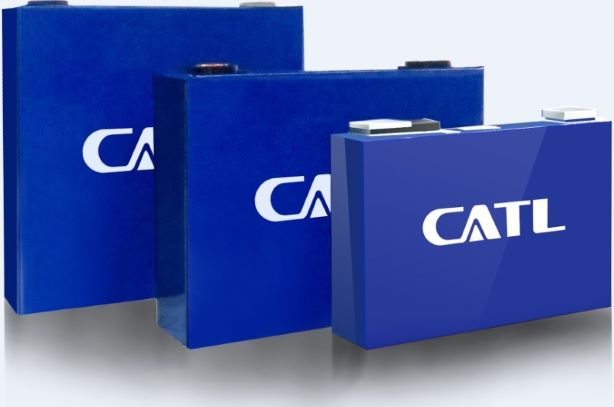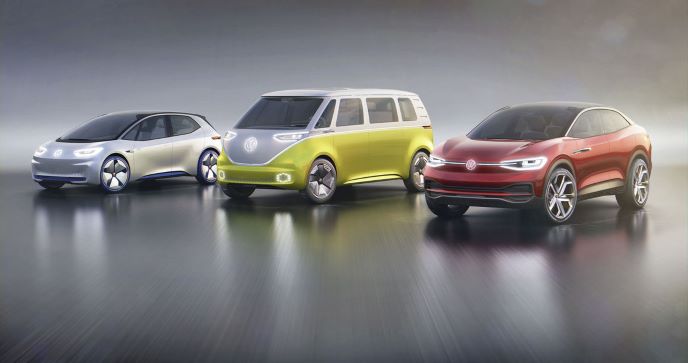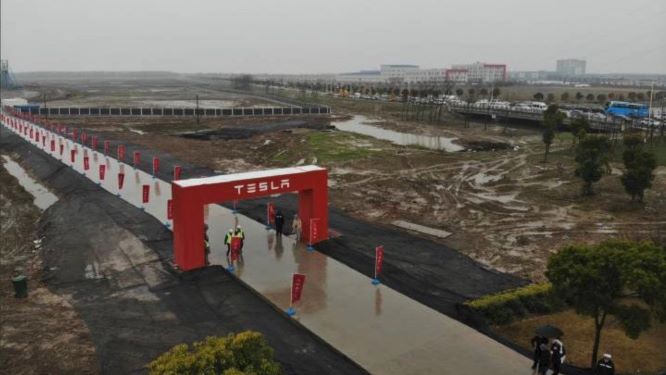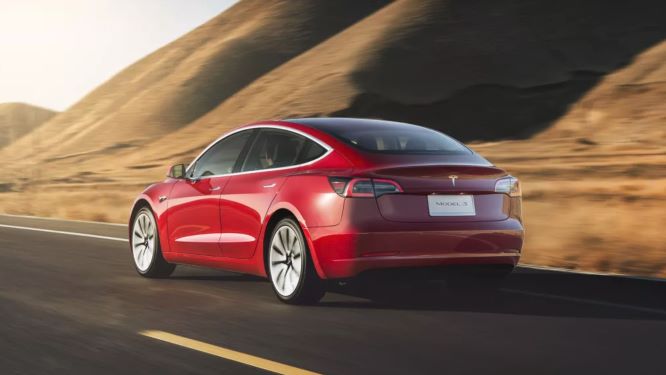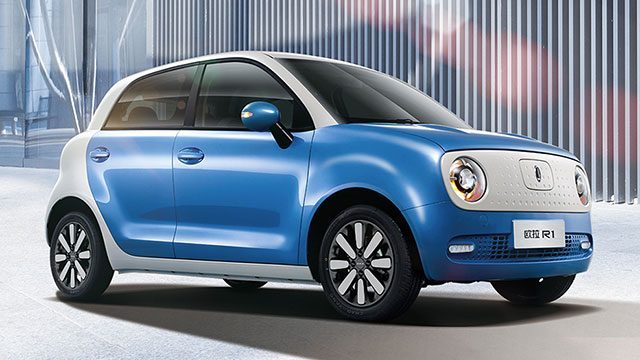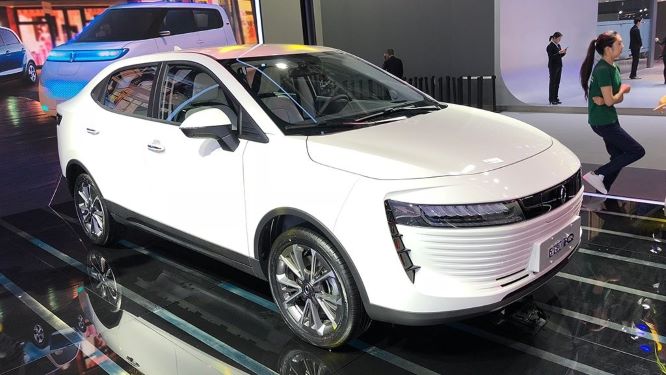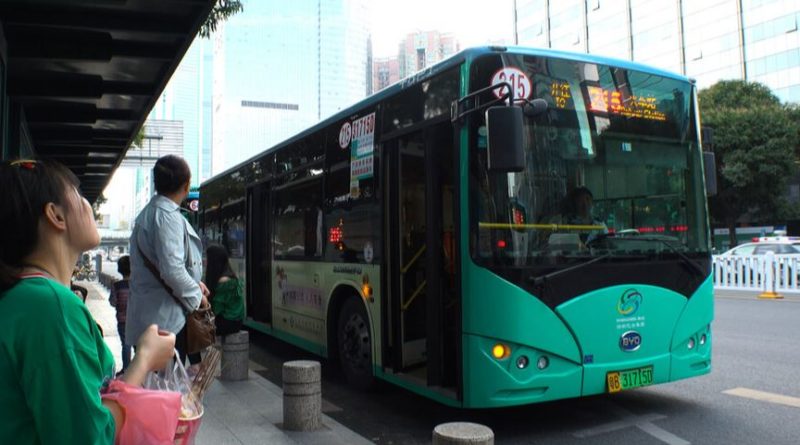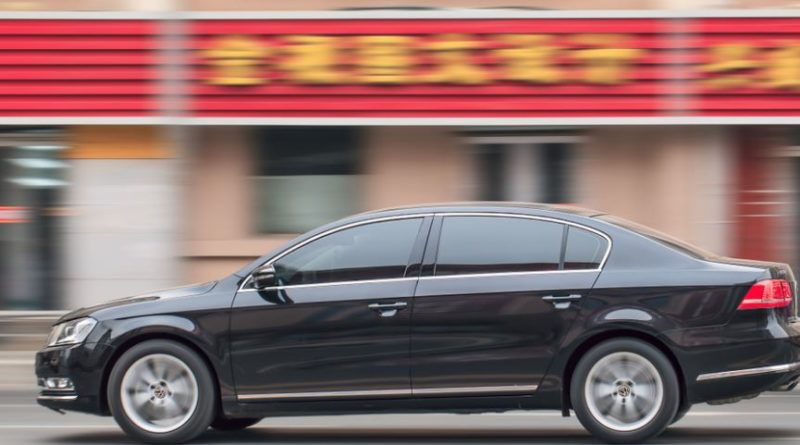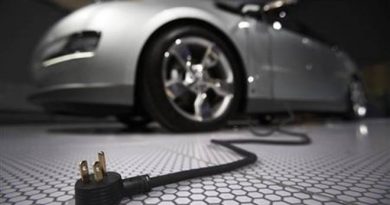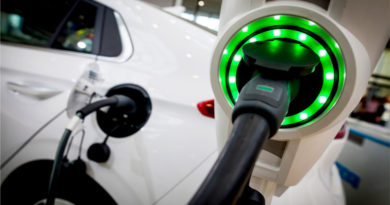BYD Breaks Ground For New 20-GWh Battery Gigafactory In China
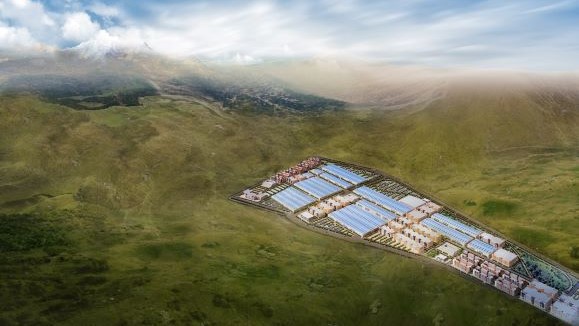
BYD wants to support its ambitious EV plans for China and elsewhere with a new battery Gigafactory that will produce 20GWh of battery for electric vehicles.
BYD surprised the market in January by increasing plug-in electric car sales in China by 292% year-over-year to about 28,005, which is its third highest result ever. The number surprised most analysts, especially since the first two months are traditionally slow oving months for the China market.
But the company is well aware that competition is moving in with Tesla, as well as global majors with strong cash flows (Volkswagen and Renault), homing in finally with strong EV portfolios.
But with batteries the biggest sourcing challnge, BYD is preparing well to be prepared The Chinese electric vehicle company is investing 10 billion yuan (~$1.49 billion USD) in the facility and they plan to finish the construction within a year. At an output 20 GWh, it would make BYD’s new factory one of the largest battery factories in the world.
Tesla’s own Gigafactory 1 in Nevada, which is currently believed to be the largest battery cell factory in the world, has an estimated output of about 35 GWh per year.
This is actually BYD’s second new battery manufacturing site set up within the last year. Last summer, they opened a new factory located in the western province of Qinghai. This factory has an output of over 24 GWh.
BYD’s new factory will consist of “eight fully-automated lithium-ion battery production lines” that will make everything from the battery cells to the full battery packs.
The company will use the battery packs for its electric vehicle production in China, which consist of electric cars, buses, and trucks.
New Plans
BYD has plans for growth in other countries than in China. BYD intends to be a major player in the market for heavy-duty electric vehicles in Europe. It is already a leader in the production of electric buses on the Continent, with a factory in Allonne, France and second factory in Komarom, Hungary. Now it says it is ready to move into electric trucks.
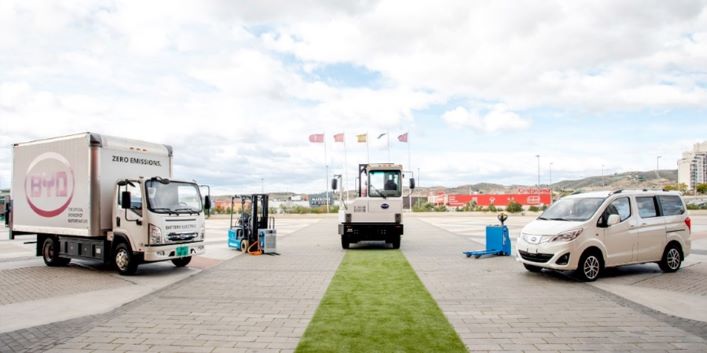
In Murcia, Spain, last month, it showed off three models it plans to introduce throughout Europe in the coming years. Javier Contijoch, vice president of sales at BYD Europe, said: “Spain was chosen as the first pilot market. The premiere of the BYD electric trucks is the start of the roll-out in Europe. Other European regions are soon to follow.”
BYD has already established itself as one of the largest manufacturers of heavy electric vehicles in Europe. Its electric buses are now in revenue service in Sweden, Germany, Denmark, England, Italy, and France. It also has supplied electric buses to cities like Medellin, Columbia; Santiago, Chile; and Jerusalem.
Most buses are powered by diesel engines, which not only spew large amounts of carbon dioxide into the atmosphere but also add other pollutants like particulates and nitrous oxides to the air we breathe. Replacing diesel-powered buses and heavy trucks with zero emissions electric vehicles will be an important part of reducing carbon emissions from the transportation sector. Here the Gigafactory in China could become a game changer.

